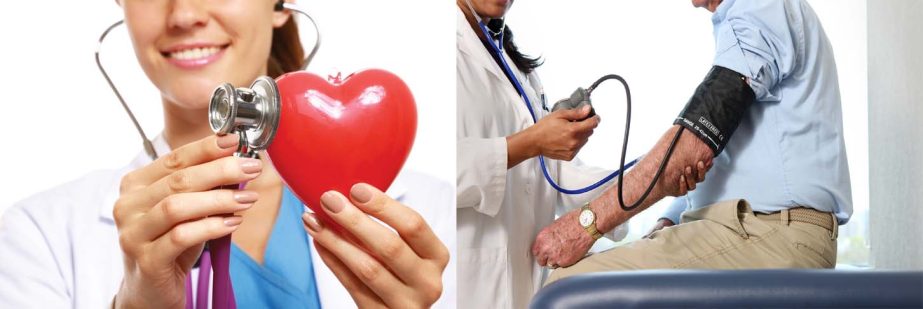
Weekend Plus Desk :A stroke can be defined as a ‘brain attack’. Stroke, also known as cerebrovascular accident (CVA) or cerebrovascular insult (CVI), occurs when blood flow to an area of brain is cut off. It can happen to anyone at any time.An estimated 17 million people die of cardiovascular diseases, particularly heart attacks and strokes, every year, as per WHO data. Worldwide, stroke kills 3 million women and 2.5 million men every year. It is the leading cause of death above the age of 60 years, and the fifth leading cause in people aged 15 to 59 years. However, you can help prevent stroke by making healthy choices and managing any health conditions you may have such as by-· Eating a healthy diet, including plenty of fruits, vegetables and foods that are low in sodium, saturated fat, trans fat, and cholesterol.· Maintaining a healthy weight because being overweight can increase your stroke risk.· Being physically active to avoid access weight gain as well as to lower your cholesterol and blood pressure levels.· Not smoking because cigarette smoking greatly increases your risk for stroke.· Limiting your alcohol intake as excessive alcohol consumption can increase risk of stroke potentially – to 2 drinks a day for men and 1 drink a day for women.· Getting adequate sleep.Low Salt DietIt is recommended that salt intake be reduced to less than 5g a day to lower the risk of having a stroke.1. Salt raises our blood pressure2. The higher our blood pressure, the higher our risk of stroke3. Adults should have less than 5grams of salt a day, and children even less4. It is particularly important that children do not eat too much salt, as blood pressure first starts to rise in childhood5. Much of the salt we eat is in everyday foods such as bread, sauces, cheese and processed meat, as well as salt added at the table and during cooking6. Take time to get used to lower salt food, and you will enjoy it as much, if not more, than salty foodAtrial Fibrillation and other Heart ConditionsAtrial Fibrillation (AF) is an under-diagnosed and under-treated heart condition and a major risk factor for stroke. AF causes the two upper chambers of the heart (the atria) to quiver instead of beating effectively, resulting in blood not being completely pumped out, which in turn causes pooling and can lead to clotting. These clots can travel to the brain and trigger a major and often fatal stroke. Stroke due to AF is highly preventable by anti-clotting drugs.WSO recommends that persons who have experienced a heart attack, have been diagnosed with a heart ailment or have irregular heart rhythm, to regularly visit health services in order to prevent the occurrence of a stroke.Stroke Warning SignsThe FAST test is an easy way for everyone to remember and recognize the signs of stroke. FAST stands for Face, Arms, Speech and Time to act:Face – Check their face. Has their mouth drooped?Arms – Can they lift both arms?Speech – Is their speech slurred? Do they understand you?Time – Is critical. If you notice any of these warning signs, act FAST. Call your local emergency medical services or get to the nearest hospital immediately.World Stroke Day is being celebrated every year on October 29 to raise awareness about the condition and ensure better care and support for survivors.

